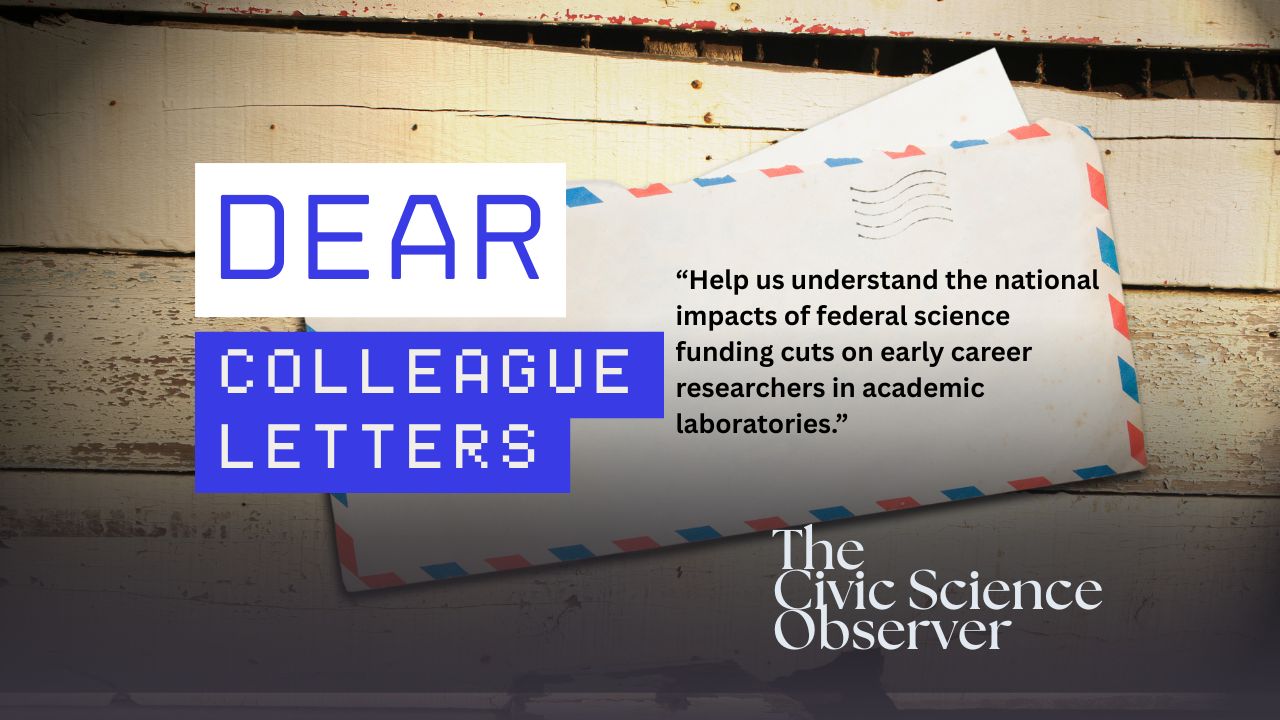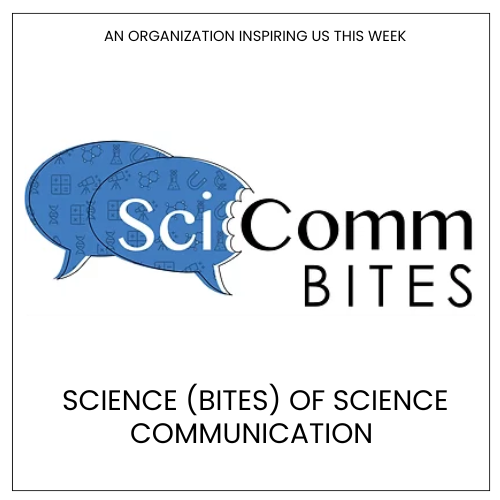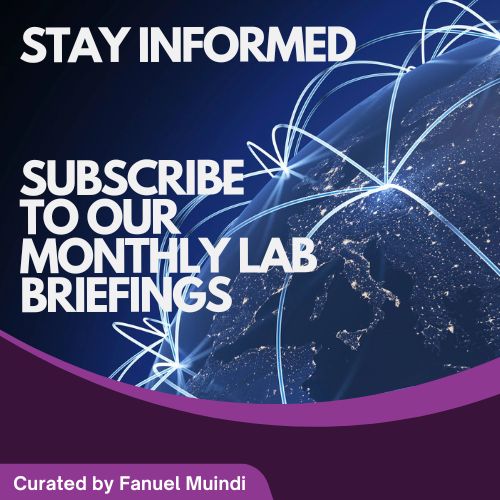Civic Science Observer
Dear Colleagues: Help us understand the national impacts of federal science funding cuts on early career researchers in academic laboratories

Dear Colleagues,
American science is under attack. If we don’t act, we run the risk of losing an entire generation of STEM talent. One way we can contribute is by listening to those whose future is most impacted by the current administration’s actions, and that is early-career researchers.
During turbulent times for scientific research in this country, it is important to elevate their voices. Early career researchers depend on federal funding to conduct their research projects and advance their careers in science. Therefore, now is not the time to be silent. University leaders and federal government decision-makers particularly in Congress need to hear first hand what our country’s most talented scientists are experiencing, so they can make better informed decisions for this country’s scientific future.
Trainees themselves are often lacking the power to effect change at universities and may not feel comfortable speaking directly to their supervisors or university leaders. Having concrete data on the impacts of federal funding cuts and their views on the current situation, from a source that is external to universities, can make data collection easier, in addition to making the case more broadly for their needs being met in science. If we don’t hear them out and meet those needs, that sends the message they are not valued and they will choose to pursue research elsewhere or leave the field altogether which would be a tremendous loss of their talents and for our country. Additionally, it has become clear that trainees are looking for spaces to speak out that can reach those in power who can make a difference for them.
Whereas some attempts have been made to determine the impacts of federal funding cuts on researchers broadly (such as readers of Nature), these are limited to online articles from those willing to speak out (and often from faculty instead of trainees), or to particular groups (such as the NPA survey which was also limited to earlier this year) as opposed to covering multiple career stages that represent early career scientists, thus likely excluding under-represented trainees or those from universities that traditionally receive less federal funding who may be less able to voice their opinions. In addition, many of these often cover only individual universities whose researchers are impacted and are not national efforts. Finally, at present, information on these impacts is fragmented and not compiled into one survey, despite existing collections of articles that are useful resources, but whose results are difficult to interpret as a whole. As a result, we are missing a large part of the story because the information currently being shared is both limited and fragmented, especially in light of the numerous actions taken by the Trump administration.
Given the magnitude of federal funding cuts across multiple science agencies, these impacts on trainees in universities need to be quantified at a much larger scale and in one place to the best of our ability, while also ensuring that all views are represented. Therefore, in collaboration with Science for Good, the Bankston group, whose goal is to cultivate a robust STEM workforce, is conducting two surveys aiming to shed light onto the experiences of early career researchers in universities across the country as related to the federal science funding cuts and provide them an opportunity to make their voices heard on these issues in a way that is impactful and timely.
The first survey aims to gain data-driven insights into the impacts of federal research funding cuts on early career researchers, and gauge their interest in pursuing research careers in the U.S. The survey also aims to gather information on potential resources by which relevant entities can support the research pipeline now and in the future. To capitalize on the current moment, survey data will be collected over a two-week period (May 23-June 6, 2025).
The second survey aims to collect opinions and more elaborate narratives and early career stories from researchers who want to share their experiences with science funding cuts. The survey also aims to collect actions scientists are taking to advocate for change in science, providing opportunities to get involved. This information will be collected similarly over a period of two weeks (May 23-June 6, 2025) to ensure a timely capture of current opinions.
While many articles have been written on the current state of science, relatively few cover early career opinions from U.S. trainees. The ones that do so, cover only a few stories and not all federal science agencies, which underscores the need for a broader outreach effort to more comprehensively capture the current situation. Additionally, to our knowledge, no national survey has been conducted to date on the impacts of federal science funding cuts on early-career researchers in U.S. universities, which is a gap we aim to fill, particularly given that other countries are actively recruiting scientists in a manner detrimental to American science.
We plan to publish the first survey data in an aggregated and anonymized fashion, in a manner that is de-identified and aims to capture broad views, and publish the op-ed from the second survey in a widely read online forum to reach relevant audiences to assist the next generation. We aim to raise broad awareness of federal science funding cuts on early career researchers, and to get the attention of university leaders and policymakers who can support them.
To support our efforts, we ask folks reading this letter to participate in a few actions:
- Early career researchers: Complete these surveys and share them with your colleagues
- University administrators/career professionals: Share these surveys with your trainees
- Congressional staff: Meet with early career researchers and include their needs in your actions (e.g. letters, legislation, speeches)
If you would like to get more involved, we have put together two template emails that anyone can send out on our behalf – see first survey email and second survey email templates. Additionally, please share our social media postings with your networks to amplify the message on LinkedIn, Twitter and Bluesky. Now is the time to stand up for science and hear from those whose future depends on us and our current efforts, and we need to support them and provide opportunities for involvement in much-needed change in science that can help move our country forward.
Dear Colleague Letters in The Civic Science Observer (CSO) are guest essays that feature calls to action by stakeholders from across the civic science landscape. Please note that the opinions expressed in these letters are those of the authors and do not necessarily reflect the views of the Civic Science Media Lab and/or its partners. If you are interested in sharing your perspective, please email us at mlab@civicsciencemedia.org.
Adriana Bankston is an advocate for scientific research and innovation at the federal level. For close to a decade, Adriana has worked to nurture U.S. competitiveness in science and technology through a number of roles with universities, non-profits and scientific societies. Dr. Bankston and her group work at the intersection of scientific research, higher education and STEM workforce development with a focus on science policy to advance our nation forward through evidence-based practices and inspire the next generation to get involved.

-
Civic Science Observer3 weeks ago
What are the objectives of the Neurotech Justice Accelerator at Mass General Brigham?
-
Civic Science Observer2 months ago
Dear Colleagues: Now is the time to scale up public engagement with science
-
Civic Science Observer2 months ago
Weekend Watch: At Boston College, the McMullen Museum of Art presents “Wonders of Creation: Art, Science, and Innovation in the Islamic World”
-
Civic Science Observer2 months ago
Associate Professor Nathaniel Frissell shares insights on using ham radio to study space weather






















